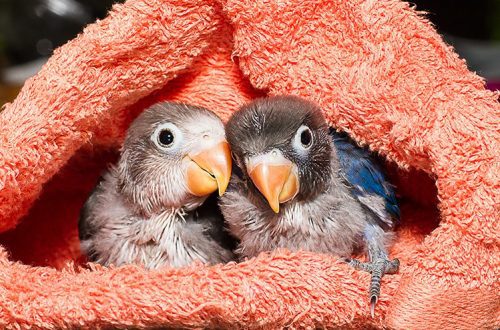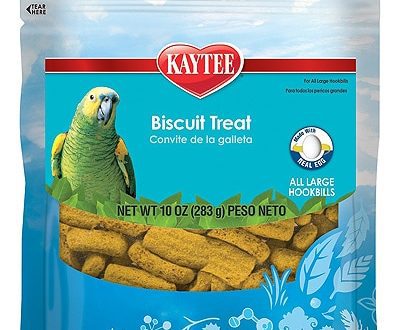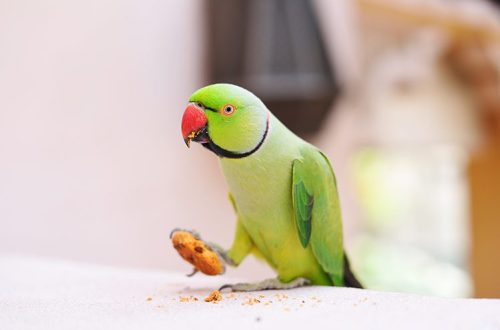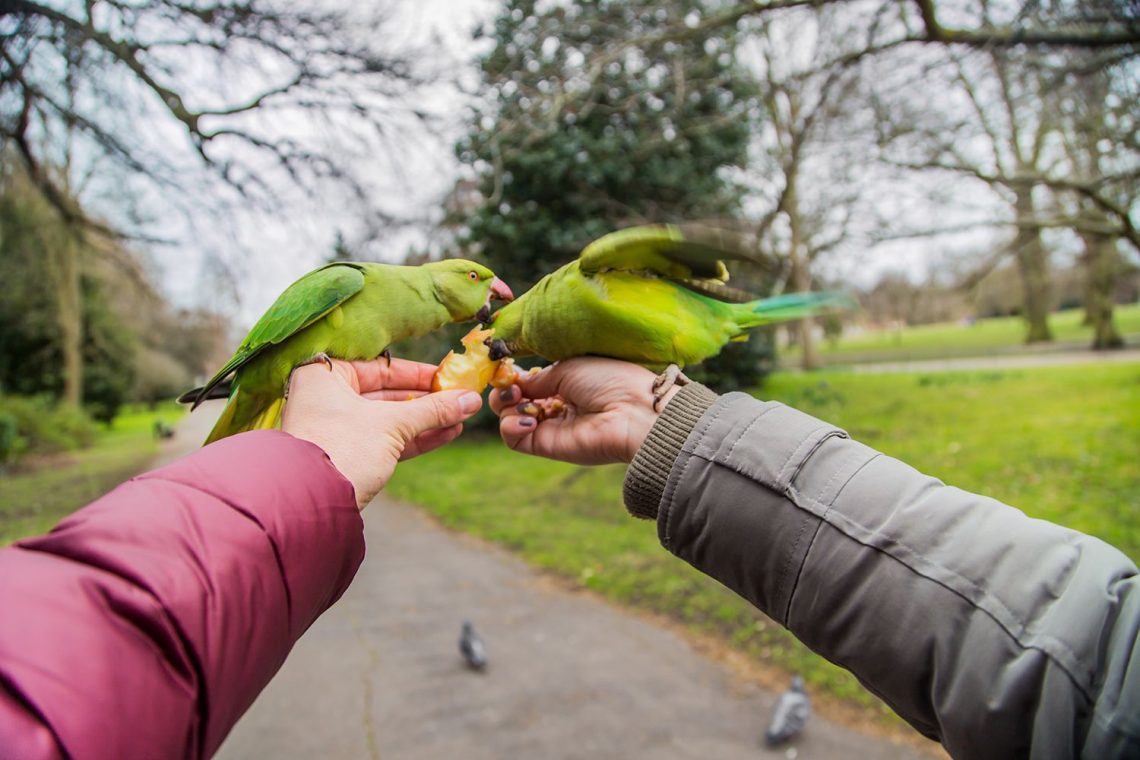
If you have a new bird
This joyful event could have happened for various reasons: maybe you bought it at a bird market, maybe in a specialized store, or maybe you just showed an act of mercy and picked up a wounded bird from the street. Whatever the reason for its appearance in your home, you need to follow a series of actions, necessary to maintain the health of the bird and yours.
Contents
Recommendations for those who have just bought a parrot
Documents and references
First of all, if the bird is purchased, check the documents and certificates accompanying it. The certificate must indicate examinations and their dates. If you have received a certificate, where, along with your pet, several more birds are indicated, then most likely this is form number 4 for the transport of animals. Such a document should give you reasonable doubts about the XNUMX% guarantee of the health of your bird. Therefore, it is worth taking a number of preventive measures.
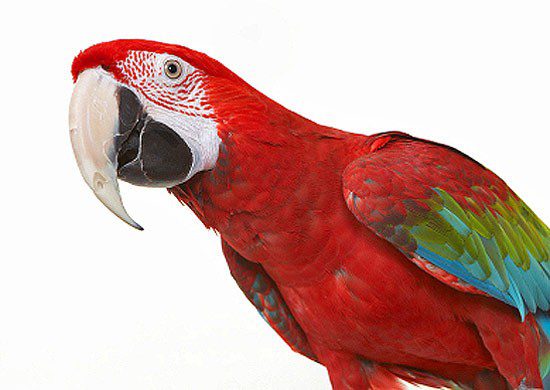
The first thing to do is put the bird in quarantine, which can last from 45 to 60 days. This is necessary for several reasons.
- Firstly, during this period, problems that are invisible to the eye, if they exist, will certainly be revealed.
- Secondly, this period will be an adaptation period for the bird: like any living creature, it needs to get used to the conditions in which it finds itself.
- And, thirdly, it will simply help to avoid injuries, since if a beginner is released into unfamiliar territory immediately, then injury is possible.
Dangerous diseases
Next, we find out if our new bird has hidden diseases that are dangerous to humans. This requires the help of the laboratory and your patience. It is necessary to collect bird droppings and take it to the study. Litter should be fresh and clean, that is, as free as possible of impurities. You need to collect three times: once a day, every other day. For example, Monday, Wednesday and Friday. While collecting, you can store the litter in the refrigerator in one dish, avoiding freezing.

What should be checked for bird droppings? These are salmonellosis, ornithosis, helminths and bird flu. The analysis is prepared approximately 4-6 days. At this time, you must be very careful. Do not allow the feathered to move around the house, be sure to wash your hands before and after communicating with him, clean the litter in the cage every day. The last indication is especially important: it is through the dry, turned into dust litter, inhalation may infect humans. Do not arrogantly rely only on your own strength when examining a bird. Often the bird may not have external signs of the disease, but will be its active carrier.
In veterinary practice, there are quite often cases of human infection with ornithosis, for example, from a parrot. In wild birds, helminths are often the most common. Therefore, be very careful. Wait for the results of the analysis and only then remove all the increased precautions.
Other diseases and their symptoms
If there are obvious signs of the disease, then, of course, you need to see a doctor. At his direction, it will be necessary to collect fresh litter and hand it over for bacteriological culture (performed 7-10 days) with a mandatory test for sensitivity to antibiotics. This study will help determine the nature of the disease: bacterial or fungal. And the level of sensitivity to antibiotics will help in the future to prescribe treatment with the right doses of the right drugs.

If you can visually determine the focus of the disease: for example, cough – throat, discharge from the beak – nose, swollen eyes – eye, then you can take a wash or swab for bacteriological culture directly from the diseased area. However, it should be remembered that this procedure should be done by a specialist.
It does not hurt to check with your beginner and the digestive tract, its work. To do this, you need to take fresh litter to the laboratory and do a clinical analysis or an extended coprogram. Thanks to this, impurities can be examined that will indicate changes in the functioning of the digestive system. In order for the collected litter to be clean to the required limits, you need to put an oilcloth on the bottom of the cage. If your bird, which will live with you, is quite large, you can also donate blood for biochemistry. This is a modern and fairly accurate research method.
A number of these preventive measures are mandatory when a new bird appears in your home. Take care of yourself and your pets.



